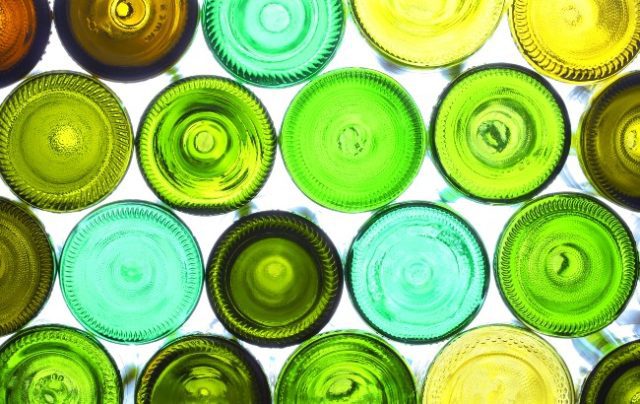Spirits Europe backs packaging proposal
A proposal for a Packaging and Packaging Waste Regulation (PPWR) has been welcomed by trade association Spirits Europe.

Spirits Europe’s mission is to represent, defend and promote the European spirits sector and help members achieve sustainable business growth.
The organisation represents the interests of the spirits sector from 31 national associations and eight leading multinational companies.
The PPWR proposal includes a change of regulation to safeguard the internal market. It also supports the use of digital means to provide consumer information, as well as the decision to avoid reuse targets for spirits.
Commenting on the PPWR proposal, Ulrich Adam, director general of Spirits Europe, said: “We welcome the choice of the Commission to opt for a regulation rather than a directive.
“It is of vital importance to us, our suppliers and the many other sectors we work with that there is consistency and a level-playing field in the application of these proposals across the EU, in particular since we have recently seen the threat of a fragmentation of the single market by the implementation of some country-specific measures on packaging”.
Spirits Europe also welcomed and encouraged the proposed use of QR codes and other digital innovations as an effective and user-friendly means of providing information to the consumer on recycled content, and reuse information via digital means.
The spirits sector, working together with wine, already has its U-Label digital platform ,which offers QR codes to provide this information to the consumer.
The proposal also introduces the inclusion of reuse information for the first time.
The European Container Glass Federation (FEVE) said it was paramount to ensure that reuse can be implemented in a safe, economically viable and environmentally sustainable way, that would bring tangible benefits compared to recyclable one-way packaging.
FEVE said it looked forward to an open debate with policy makers on how to best achieve sustainable packaging, and guarantee that the EU economy becomes both more circular and more competitive.
Re-use targets ‘not suitable’
In addition, spirits producers have welcomed the recognition that mandatory re-use targets for spirits are not the most suitable way forward. The sector already implements and tests new waste management models, including packaging reuse models, to deliver the best environmental outcomes.
With many of the sector’s companies producing to export, with long supply chains, GI (geographical indication) regulations and rules governing bottling in other countries, there is no ‘one size fits all’ model from a carbon footprint or consumer safety perspective for spirits, Spirits Europe noted.
Spirits Europe added that freedom to innovate must be given to the industry to continue to invest in breakthrough packaging innovation and research and development.
However, concerns remain on the performance criteria for packaging.
The proposed rules will no longer permit ‘marketing’ and ‘consumer acceptance’ as legitimate packaging performance criteria if they add weight.
Adam said: “We are concerned by this decision, which could drastically reduce brand differentiation and product presentation which is key for our sector, a sector that does not produce ‘fast consumed’ products. As we strive to make our packaging more sustainable, the diversity of different and unique packaging designs should not be undermined by the new rules. “
Adeline Farrelly, FEVE secretary general, added: “Product presentation is key to brand identity and instant recognition by consumers. Primary packaging is an integral part of the product and plays a major role in consumer expectations.
“The overly restrictive approach to the branding role of packaging will lead to the standardisation of packaging, with far-reaching negative consequences on consumer-choice, product value, and brand identity.”
Spirits Europe said it looked forward to engaging with the European Commission, the European Parliament, member states and relevant stakeholders as the debate on this proposal moved to its next stage.
This year, the East London Liquor Company introduced its Project Refill scheme.
Related news
The Macallan refreshes visual identity
